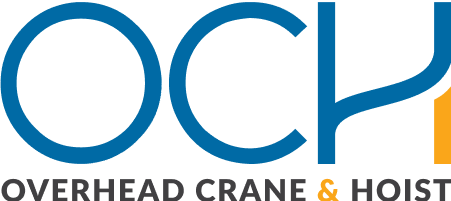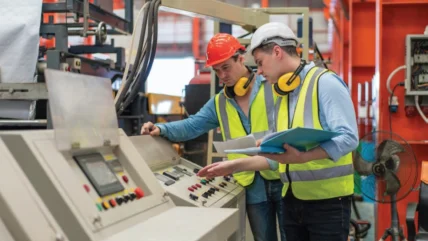
Though we lack concrete survey data, it is a fair bet to say that few leaders in the crane and hoist industry grew up wanting to be poets. As kids, some may have dreamt of being astronauts, pilots, inventors or even CEOs of a big corporation. But for Mark Davis, who took on the role of president at SteelGlide in early 2024, it was the lure of literature that captured his imagination.
Not only did he want to write, but he started out trying to make that his career, though the life of an artist soon revealed the kind of challenges that would easily make a person reconsider their options. “I used to read a lot of poetry and fiction, and it sparked my interest in writing for a living,” he says. “I attended an arts high school to pursue that spark, and it was there that I learned I would rather work with technology.
“I really thought I was going to be a writer, and I learnt a lot about communication and language at art school, but I saw the journalists starving, and the poets killing themselves, so I came to the conclusion that I didn’t like my team. Instead, I fell in love with computers and programming, which is very poetic and creative in its own way. It is an art, and the end result achieves something. Software changes the environment.”
So began a career that seemed to be leading in the opposite direction to a career in the company his father, Charles Davis, had spent his life building. Charles, who founded the company – then known as Trans-Lube – in 1975, was a man who knew the value of both work and family. The sixth of seven children, he was born to a family of sharecroppers, and hard work was mandatory. Farming for food and picking cotton for spare cash is no easy life. He married his high school sweetheart, and both worked together to pay his way through engineering school, driven by the belief that what you want is out there, but it won’t come to you – you have to go get it.
His was a dream built on a relentless work ethic and a focus on quality and customer satisfaction that endures to this day. When the company celebrated its 50th anniversary, the founder’s vision was celebrated by rebranding Trans-Lube as SteelGlide, with a view to positioning the company for its next chapter.
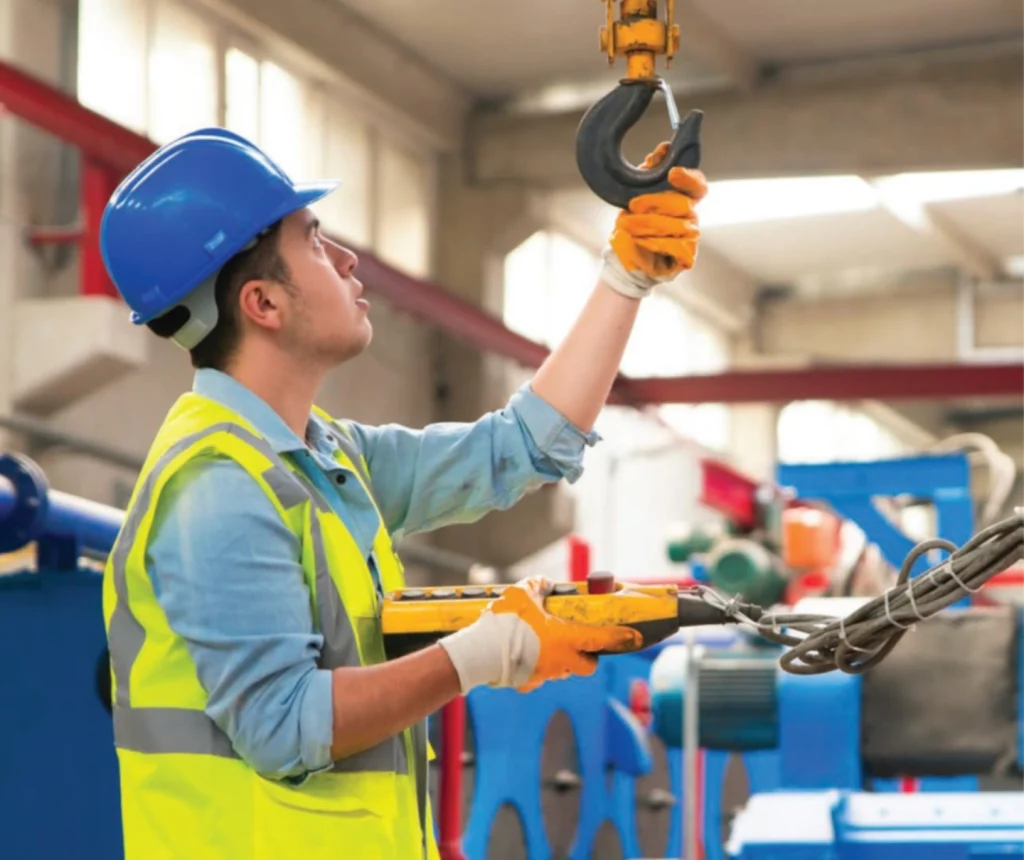
The company, which remains family-owned, provides preventative maintenance solutions for flanged wheel applications, including cranes, trains and even superdomes. It continues to excel in its niche, driven by the promise Mark Davis made shortly before his father’s death little more than one year ago. “My dad, before he passed away, gave me two charges – take care of my customers and grow this business,” he explains.
“Yes, sir,” was Davis’s response. “When I was younger, my dad used to work me like a rented mule and people often think that would have taught me a great work ethic, but that is not the case,” he adds. “It taught me a great obedience ethic.”
Finding a way to the family business
For Davis, the family business was ever-present from the age of 13 when his dad started the company. His teenage years were spent packing boxes and running errands whenever he was called upon, but he soon carved out his own career path outside the company’s walls. After his flirtation with writing, he became hooked on computers.
He wanted to build them, program them and enjoy them. He would often stay up until dawn exploring their capabilities and learning more about how to use them. His passion for computers then led him to engineering, the second inflection point in his varied career. He pursued an electrical engineering degree and then embarked upon a 35-year career in the software industry.
“For all but three years of my career, I have been an independent contractor, working for myself, taking on a broad range of clients, and essentially being an army of one,” he says. “Being a contractor means the landscape changes all the time, but it did allow me to squeeze enough money out of the stone to feed a family. And the variety of different experiences I have gained means I know a lot about a lot of things, including an in-depth knowledge of technology and the social landscape. I see people every week who are trapped in their jobs, and that was never what I wanted,” he adds.
The software industry brought him into contact with a huge range of industry sectors – railroading, logistics, trucking, wired telecoms, wireless telecoms, TV broadcasting, cable TV, satellite communications, defence, retail, ecommerce and foods, to name but a few. Fast-forward through a lot of software engineering, including founding his own software company that, while hardly his pot of gold, is still a going concern, to the third major turning point in his career – inheriting the family business.
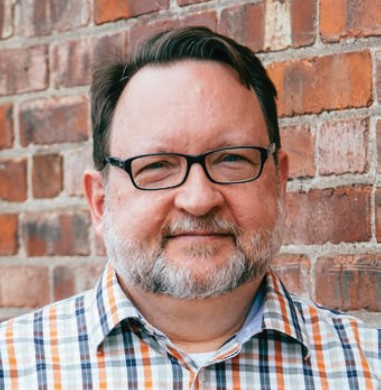
Equipped with a strong technical foundation gained at engineering school, and a knowledge of business gleaned from decades working for himself and observing clients in so many different industries, Davis found himself facing a huge choice upon the death of his parents – one that would decide his own future and that of the company bequeathed to him and his sister.
The obvious choice might have been for brother and sister to run the company together, but their wildly different approaches to money, investment and management meant that would probably have been a disaster. “There was no way my sister and I could run it together – she won’t get off a nickel and if I have a nickel I’ll spend two,” he explains. “So, we needed to resolve it, and the best way was for me to buy her out. When I inherited the 50-year-old business, life had already prepared me for the challenge. I’m back in the family business and looking forward to what’s next.”
Charged with carrying the company forward, Davis knew he had to respect his parents’ legacy, but also try to open the next chapter for the business by not only acknowledging their desire to keep things simple and safe, but also using that as a platform to develop new products.
“It is more than an obligation, it is a blessing,” he adds. “Few people have an operating business handed to them. Our products work, they are cheap and they are automatic – you just drop a stick in a tube every couple of months. Mom and dad were satisfied with that for 50 years and they operated the company efficiently and economically, but I am trying lots of things to increase our reach and our number of customers to grow revenue to expand product and service offering.”
For decades, the company has brought a limited range of highly effective products to the market, and customer satisfaction has remained consistently high. The conservative approach that his parents adopted has left Davis in charge of a well-regarded and efficiently run business, but he feels it is time for the next step in its evolution.
“Dad did not trust advertising or marketing, he only mailed customers and prospects an ad card twice a year, which was probably effective,” he remarks. “And he did not take credit card payments, as he did not trust credit card companies. If he didn’t understand it, he would not do it, very conservative. I have some things in the works that will significantly diversify our range and we are now looking to find new market segments.”
A vision of the future
Being in a niche has certainly helped the business to survive over the years. In effect, it has relatively few direct competitors, but it is certainly not the case that its customers come to SteelGlide because it is the only option. They come because the main product lines meet their needs, and they stay because customer service is high on the agenda, and this still drives the vision that Davis has for the future.
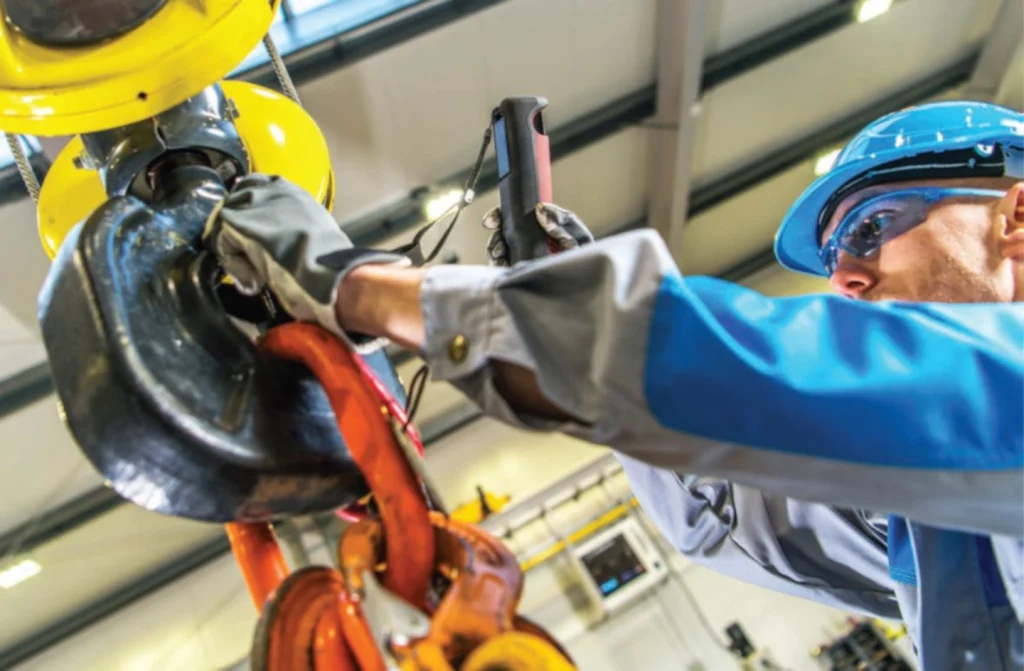
“First, and above all else, we treat people like we would treat our neighbours, the way we would like to be treated,” he explains. “That’s a simple rule, but it’s our standard whether we’re talking about employees, customers, suppliers or services. Second, we’re family-owned and operated in the USA. That’s not as common as it used to be.”
“Third, our parts and ingredients are locally sourced,” he stresses. “That is also not so common anymore. And finally, we serve and support a global market. Most of our market is in the US, but we have customers in dozens of countries, such as Brazil, Mexico, India, Germany, Spain, Canada and Italy. It’s exciting to meet so many interesting people from so many interesting places.”
It is from this platform that Davis hopes to leverage the company’s continuing interest in serving customers well in order to launch new products. He insists the business continues to value the right things – customer satisfaction being high on the list but, interestingly, second to the needs of employees.
If one were to sum up his business philosophy, it would be that employees come first, customers come second and community comes third. The reason he places the highest value on employees is that they are the heart and soul of the company. Although customers are also important, and he would do just about anything to make them happy, he does not put them at the top of the list.
“If it comes down to customer versus employee, I’m going to stand by my employee ten times out of ten, while still trying to satisfy the customer,” he says. “One rule, therefore, is to hire attitude, not aptitude. Get the right person for the job and give them the training they need to succeed. Then know and be known. Get out there and meet new people in new industries and different walks of life. People were made to live in community, and we work best when we work for each other rather than just ourselves.”
In the past, change has not always gone as planned, but Davis is not ashamed of failure – at least, not enough to put him off trying to innovate in the future. He sees failure as a powerful teacher. He freely admits to failing not once but twice in trying to introduce automation software to the company, though he does feel some embarrassment about it because his experience in the technology industry should mean he has the right know-how to do it properly. He learned the hard way that the needs of a small-to-medium business are not the same as those of a large corporation, not even close.
“The product mismatch would have been apparent if I hadn’t assumed that my large-scale experience was relevant,” he admits. “And our people were saying the automation products weren’t helping productivity, which I mistook for a learning curve. The lesson there was to assume less and listen more.”
The company is now on the third-generation formula for its key product, which is proving even more effective in the field. Focusing on getting the right people, the right community and the right culture in place has driven that product development, and that is how Davis believes the company can best take care of its customers.
Now, he is in the process of splitting the company’s inventory across two physical locations, as the bulk of its inventory currently sits in Alabama, where tornadoes are a real risk. Opening up new markets such as short-line and switcher rail applications is intended to fuel the growth of the business.
The next phase of expansion will be a new physical product that will roll out at some point in the next two years. “We have got some engineering design to do, as safety is important when you are working with dangerous equipment,” Davis says. “We have the designs, now we need to build prototypes. I have learned from the technology and software industry that the first mover never wins. Microsoft was probably the 11th mover, Apple the 10th, so we are taking things slow and being careful not to rush.”
“When it comes to expanding our customer base, we don’t have a big sales team, so it can be hard to get a foot in the door,” he adds.
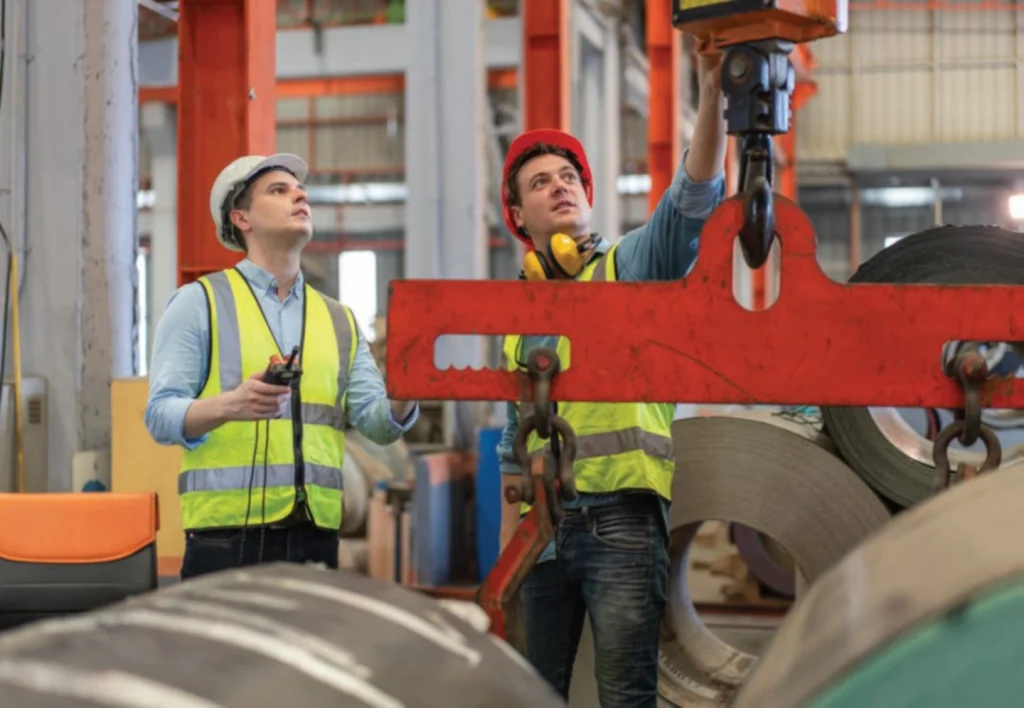
Facing the future
Looking at the lifting industry as a whole, Davis likes where it is going with safety and preventative maintenance. Keeping equipment in top shape keeps people safe and makes companies like SteelGlide more successful. He is under no illusion, however, about the challenges that may arise from the broader political and economic climate. “Import and export regulations and tariffs have caused some confusion, and it may be holding our sales down a bit,” he adds.
The company does not import, but it does export, and trade turbulence with the US creates a headwind for overseas customers. “The current uncertain or even fearful climate with global destabilisation is creating a painful headwind on balance for small companies in particular, the ones that don’t have deep pockets to weather the storm,” he adds. “This is not a time of increased opportunities. We don’t feel the pain of an importer, but someone does.”
Amidst that uncertainty, character can be the key ingredient that drives a business forward through challenging times. Davis likes to see himself as an understanding and supportive leader because of the lessons he has learned from fear and insecurity in the workplace.
“When people bring their real selves to work every day, and treat those around them with dignity and respect, we set ourselves up for success,” he believes. “My career has taught me that when people feel valued and appreciated, it sets them free to do their best work.
“Whether it’s employees, customers, suppliers or community, lifting up others is a big part of my ‘why’, and when it comes to the company, we have plans to diversify our products and services, with the explicit goal of leaving a happy, healthy company for the next generation.”
Family is at the core of the company, and Davis cites his mother and father as his biggest inspirations. He wants that legacy to continue. He watched his father work tirelessly and reinvent himself multiple times to provide for all of his family’s needs and most of its wants. His mother made the home and those in it her top priority. And together they bootstrapped the company, figuring things out as they went.
“So, my business philosophy is that you get what you give,” he says. “When we give with no expectation of return, good things can’t help but come your way. As the saying goes, cast your bread upon the waters, and it will return to you tenfold. Our company sells products primarily on reputation and word of mouth, and our uplifting philosophy only makes our reputation stronger.”
For Davis, giving just feels good – whether to customers, employees or family. Therein lies the secret of his success, and he firmly believes that this foundation will see his company through more generations of his family.
